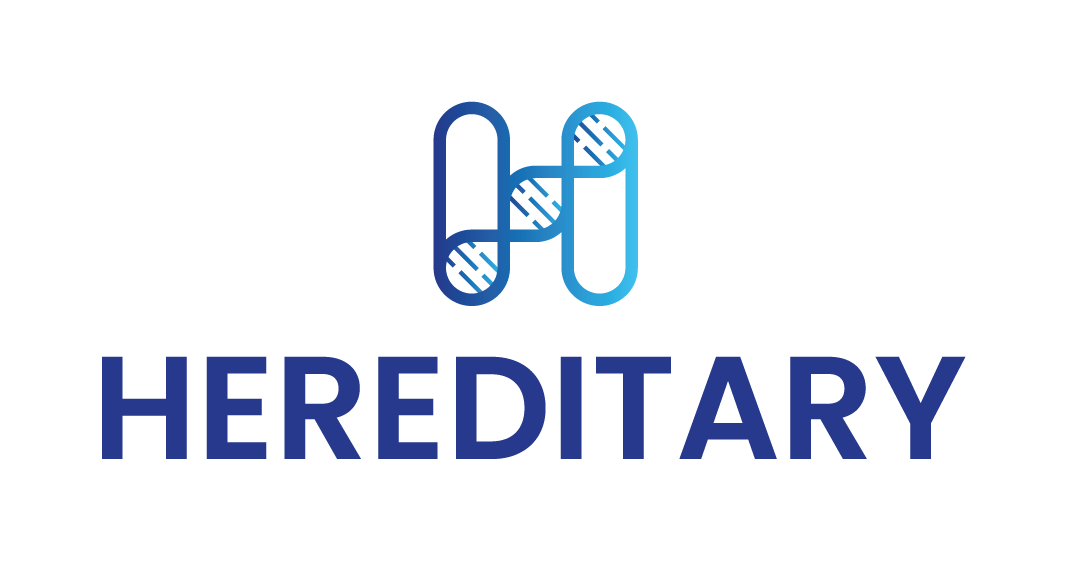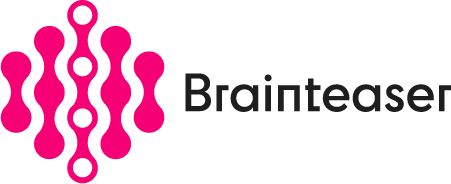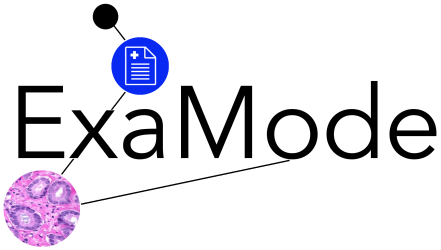Research Summary
My main research interests concern Biomedical Relation Extraction, Dataset Search, and Knowledge Base Construction.
My main research contributions are within the fields of "Biomedical Relation Extraction", "Ontology Creation" and "Data Models".
I am part of the UNIPD research unit in the HEREDITARY project and in the BRAINTEASER H2020 EU project (more information below).
From November 2022 to September 2023, my research work was supported by the EXAMODE H2020 EU project (more information below).
Interests
- Biomedical Relation Extraction
- Knowledge Base Construction
- Dataset Search
- Ontologies
- Data Models and Structures
Software and Events
Software and Resources
The nanopublications representing CoreKB Facts are available in Zenodo here.
The source code and info about "Disease-Expression Relation Extraction from Text" (DEXTER) are available here.
Events
I was part of the Local Organizing Committee of the 31st Symposium on Advanced Database Systems (SEBD 2023) held in Galzignano Terme (PD), Italy from 2 to 5 July 2023: SEBD 2023
I was a student volunteer during the 26th International Conference on Theory and Practice of Digital Libraries (TPDL 2022) held in Padua, Italy from 20 to 23 September 2022: TPDL 2022
Active Projects
-

HEREDITARY aims to significantly transform the way we approach disease detection, prepare treatment response, and explore medical knowledge by building a robust, interoperable, trustworthy and secure framework that integrates multimodal health data (including genetic data) while ensuring compliance with cross-national privacy-preserving policies. The HEREDITARY framework comprises five interconnected layers, from federated data processing and semantic data integration to visual interaction.
By utilizing advanced federated analytics and learning workflows, we aim to identify new risk factors and treatment responses focusing, as exploratory use cases, on neurodegenerative and gut microbiome related disorders. HEREDITARY is harmonizing and linking various sources of clinical, genomic, and environmental data on a large scale. This enables clinicians, researchers, and policymakers to understand these diseases better and develop more effective treatment strategies. HEREDITARY adheres to the citizen science paradigm to ensure that patients and the public have a primary role in guiding scientific and medical research while maintaining full control of their data. Our goal is to change the way we approach healthcare by unlocking insights that were previously impossible to obtain.
Role: Participant
Project No: 101137074
Call: HORIZON-HLTH-2023-TOOL-05
Topic: Tools and technologies for a healthy society
Funding (UNIPD): 1.138.046€
Website: https://hereditary-project.eu/ -
 Amyotrophic Lateral Sclerosis (ALS) and Multiple Sclerosis (MS) are chronic diseases characterized by progressive or alternate impairment of neurological functions (motor, sensory, visual, cognitive). Artificial Intelligence is the key to successfully satisfy these needs to: i) better describe disease mechanisms; ii) stratify patients according to their phenotype assessed all over the disease evolution; iii) predict disease progression in a probabilistic, time dependent fashion; iv) investigate the role of the environment; v) suggest interventions that can delay the progression of the disease. BRAINTEASER will integrate large clinical datasets with novel personal and environmental data collected using low-cost sensors and apps.
Amyotrophic Lateral Sclerosis (ALS) and Multiple Sclerosis (MS) are chronic diseases characterized by progressive or alternate impairment of neurological functions (motor, sensory, visual, cognitive). Artificial Intelligence is the key to successfully satisfy these needs to: i) better describe disease mechanisms; ii) stratify patients according to their phenotype assessed all over the disease evolution; iii) predict disease progression in a probabilistic, time dependent fashion; iv) investigate the role of the environment; v) suggest interventions that can delay the progression of the disease. BRAINTEASER will integrate large clinical datasets with novel personal and environmental data collected using low-cost sensors and apps.
We are leader of the "Open Science and FAIR Data" WP. The main goals of the WP are:- Design of open ontologies to represent the data of the project and create knowledge bases to enrich and augment the value of the data.
- Design and implement methods for the evaluation of the FAIRification of the data and metadata produced by applying and reviewing the FAIR principles of the European Open Science Cloud (EOSC). Integration and sharing of research data with EOSC services.
- Design and implementation of the methods to expose the data as Linked Open Data and the services to favour their exploration and re-use.
- Organisation of three annual open evaluation challenges and sharing of the produced experimental data as open data Evaluation.
Project No: 101017598
Call: H2020-SC1-DTH-2020-1
Topic: Personalised early risk prediction, prevention and intervention based on Artificial Intelligence and Big Data technologies
Funding (UNIPD): 732.250€
Past Projects
-
 Exascale volumes of diverse data from distributed sources are continuously produced. Healthcare data stand out in the size produced (production is expected to be over 2000 exabytes in 2020), heterogeneity (many media, acquisition methods), included knowledge (e.g. diagnosis) and commercial value. The supervised nature of deep learning models requires large labeled, annotated data, which precludes models to extract knowledge and value. Examode solves this by allowing easy & fast, weakly supervised knowledge discovery of exascale heterogeneous data, limiting human interaction.
Exascale volumes of diverse data from distributed sources are continuously produced. Healthcare data stand out in the size produced (production is expected to be over 2000 exabytes in 2020), heterogeneity (many media, acquisition methods), included knowledge (e.g. diagnosis) and commercial value. The supervised nature of deep learning models requires large labeled, annotated data, which precludes models to extract knowledge and value. Examode solves this by allowing easy & fast, weakly supervised knowledge discovery of exascale heterogeneous data, limiting human interaction.
We are leader of the "Semantic knowledge discovery and visualisation" WP. The main goals of the WP are:- Develop relation extraction methods to automatically extract semantic relationships between authoritative concepts within un/semi-structured text.
- Leverage entity linking methods in conjunction with developed relation extraction techniques to create report-level semantic networks out of extracted concepts and relationships.
- Model report-level semantic networks through conceptual descriptive frameworks to empower data management and exploitation.
- Develop information retrieval methods to semantically connect and discover semantic networks associated with relevant medical reports.
- Develop information visualization and visual analytics methods for interacting with deep learning algorithm and improve their understandability.
Project No: 825292
Call: H2020-ICT-2018-2
Topic: Big Data technologies and extreme-scale analytics
Funding (UNIPD): 516.000€